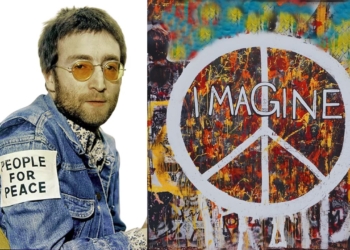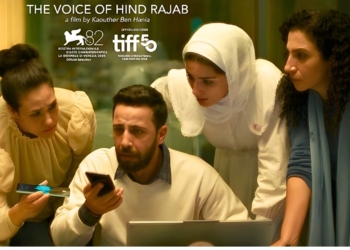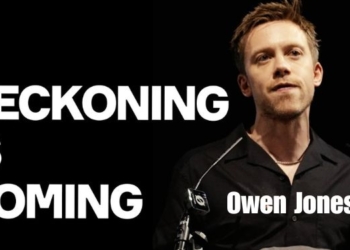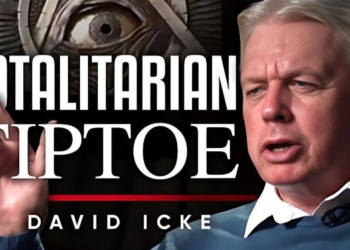Sofia | Learning Mind
 Some movies are made to touch our heart and soul with an overabundance of sentiment. They make us come in touch with our humanity and empathy. And some films are made to touch our minds, to get our mental cogs working, to awaken and expand our consciousness. They are films that deal with questions that we are all too eager and too afraid to ponder. It is those films that signal our awakening, and that pushes us into seeing life and our existence differently.
Some movies are made to touch our heart and soul with an overabundance of sentiment. They make us come in touch with our humanity and empathy. And some films are made to touch our minds, to get our mental cogs working, to awaken and expand our consciousness. They are films that deal with questions that we are all too eager and too afraid to ponder. It is those films that signal our awakening, and that pushes us into seeing life and our existence differently.
1. Waking Life, by Rickard Linklater

What is a dream, and what is a reality? Can we actually distinguish between the two? And what does a dream mean? These are only a few sample questions of the wide range that Linklater’s film provides. The protagonist wanders through moments, dialogues, unnamed characters-in some important scenes, he’s not even present. In another, we see a couple from another movie verse (Ethan Hawke and Julie Delpy from the popular romantic movie franchise “Before Sunrise/Sunset/Midnight“), with no explanation. It is a trippy movie. Moving from the ethereal to the real, questioning the validity of each aspect of existence, and ending up straight into an existential crisis, this movie will fill your mind with philosophical questions, the biggest one being: Is my life real?
2. Samsara, by Ron Fricke

“Samsara” is a little documentary film made in 2011, by the same people who had collaborated on two similar in terms of style and theme films in the last decades, “Baraka” and “Chronos”. The movie’s title is the Sanskrit word for the loop of continuous life. Literally meaning “continuous flow”, the word has been used to describe the cycle of birth, death, and rebirth, themes and terms shown within the film. The visuals are beautiful, and the musical score compliments them just right. The little blocks of the visual narrative are linked together in an intricate flow, and the message is one of global consciousness and interconnectedness.
3. Uncle Boonmee Who Can Recall His Past Lives, by Apichatpong Weerasethakul

“Uncle Boonmee” came out in 2010 and was the first Thai film to win the Palme d’Or. The titular character, Uncle Boonmee, is dying; during the course of his last living days, he goes on a journey to explore his past lives, together with his loved ones, whether in spirit or in physical form.
The film was actually the last part of a loosely linked film trilogy, titled “Primitive”, and was mostly focused on a particular area of Thailand. However, while the other two films of “Primitive” as a project focused more on the collective memory of the area in a more political and historical manner, “Uncle Boonmee” is more like “a personal diary”, according to the director.
It deals with matters of memory, transformation, reincarnation, and the nature of things facing death. A very interesting film for those not put off by the “artsyness” of it. However, it is not only a study on dying and previous lives but also Weerasethakul’s tribute to the art of cinema.








![Who Is Bobby Kennedy? [30-Minute Film on RFK Jr.’s Life, Narrated by Woody Harrelson]](https://consciouslifenews.com/wp-content/uploads/2024/05/who-is-bobby-kennedy-350x250.jpg)





